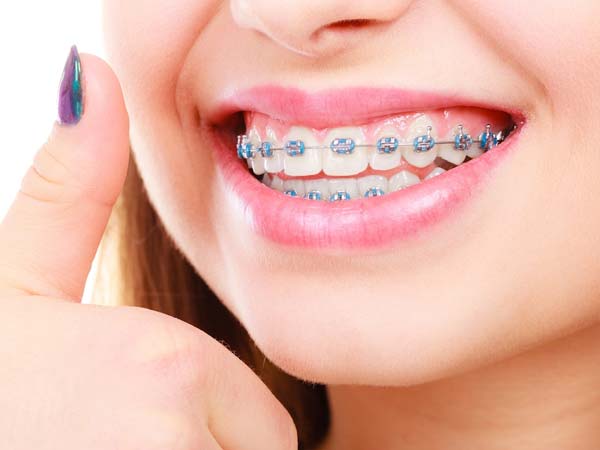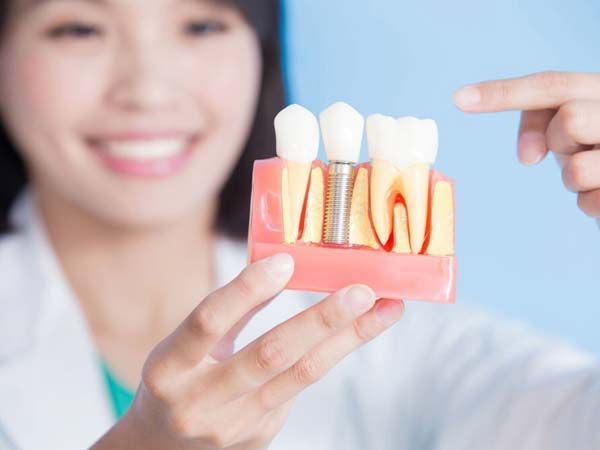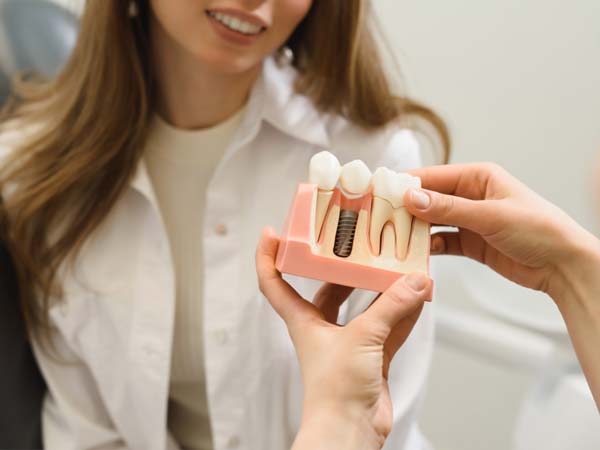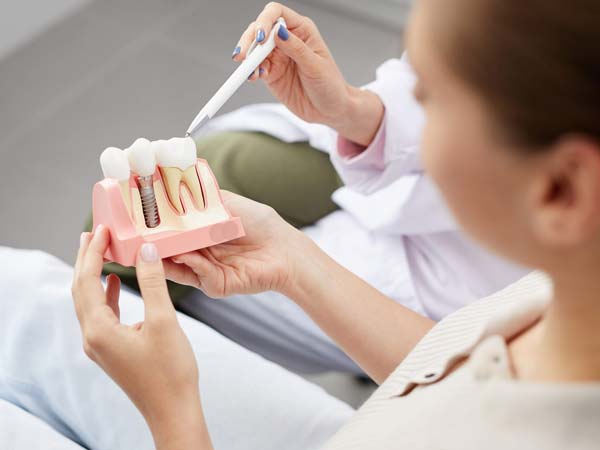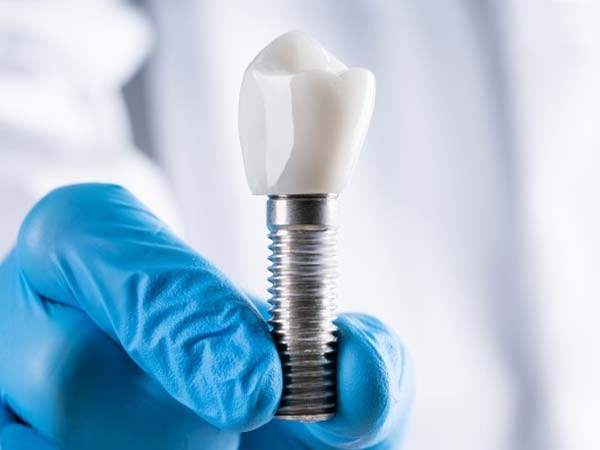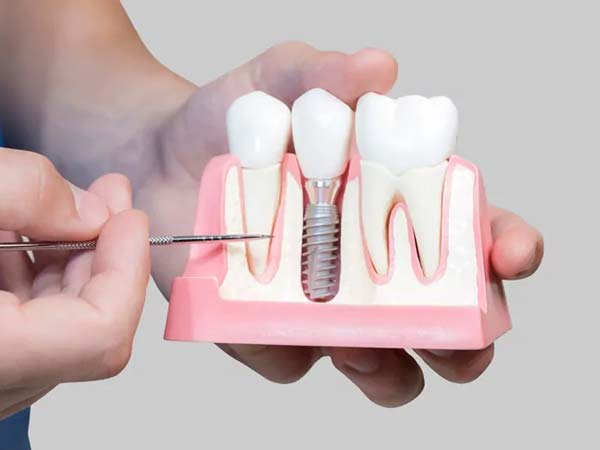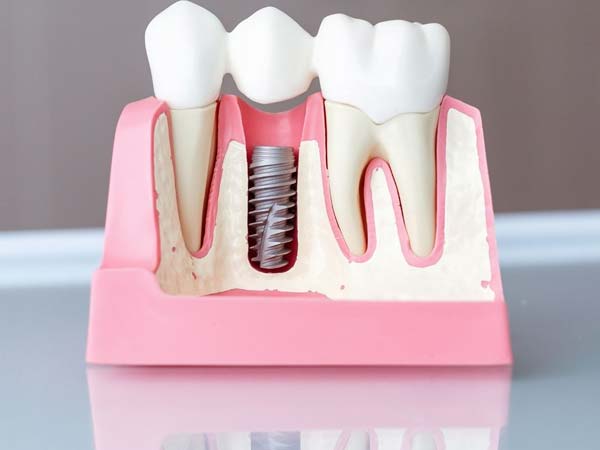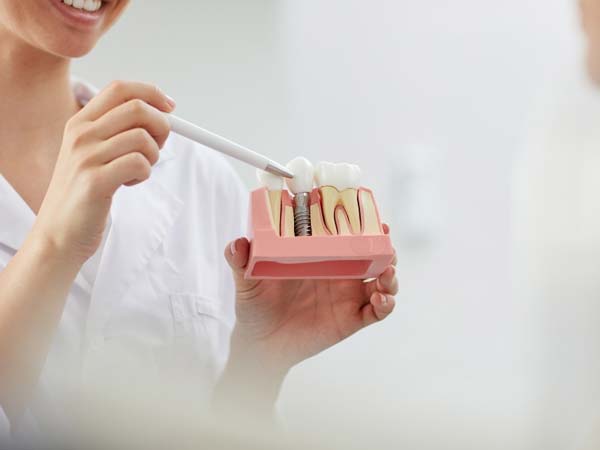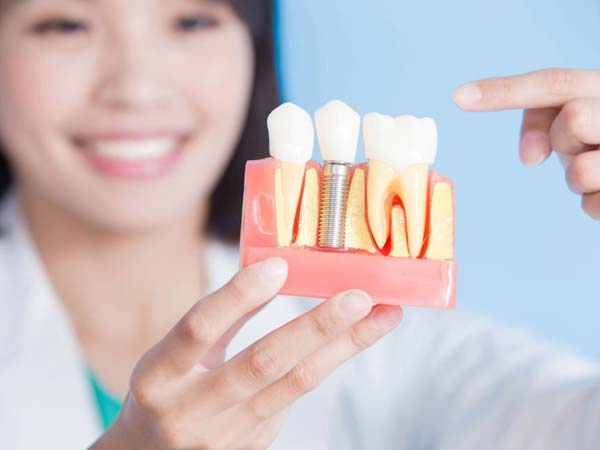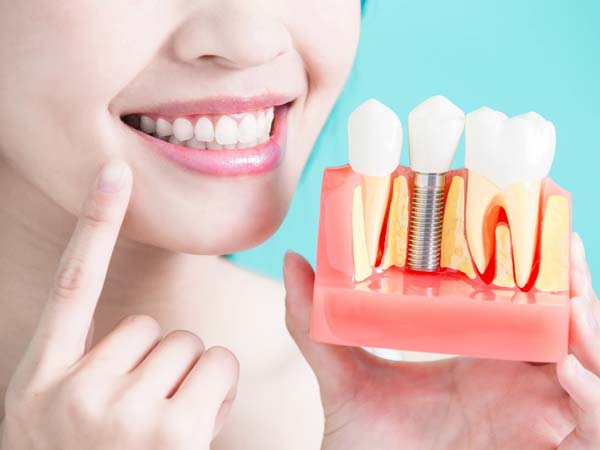
Basal Implants: A Revolutionary Solution for Dental Restoration
For individuals with missing teeth, finding a reliable and long-lasting dental restoration option is of utmost importance. Basal implants have emerged as a revolutionary solution, providing a stable and functional alternative to traditional dental implants. In this article, we will explore what basal implants are, how they work, their benefits, and why they have gained popularity among dental patients worldwide.
Understanding Basal Implants
Basal implants, also known as cortical or bicortical implants, are a type of dental implant that utilizes the cortical bone found in the jaw rather than relying solely on the quality and quantity of the alveolar bone. Unlike traditional implants, which require a certain bone volume for successful placement, basal implants anchor into the basal bone, which is denser and provides greater stability.
The Basal Implant Procedure
The basal implant procedure involves a comprehensive treatment plan and several stages to ensure optimal results. Here is an overview of the general steps involved:
- Consultation and Examination: The initial step is a thorough consultation and examination, during which the dental professional assesses the patient’s oral health, discusses their goals and expectations, and determines the suitability of basal implants.
- Treatment Planning: Advanced imaging techniques, such as 3D scans and digital planning software, are utilized to plan the precise placement of the basal implants. This step ensures accurate positioning and optimal distribution of implants for maximum stability and functionality.
- Implant Placement: The basal implants are placed in the basal bone using a minimally invasive surgical technique. This technique allows for immediate loading, meaning that the prosthetic teeth can be attached soon after implant placement.
- Provisional Restoration: After the implant placement, a provisional or temporary restoration is attached to the implants. This temporary restoration allows the patient to have functional teeth while the implants undergo the healing process.
- Healing and Integration: Over a period of several weeks, the basal implants integrate with the surrounding bone through a process called osseointegration. This integration provides a solid foundation for the final restoration.
- Final Restoration: Once the healing phase is complete, the temporary restoration is replaced with a custom-crafted, permanent prosthetic bridge. This final restoration is carefully designed to match the natural aesthetics of the patient’s remaining teeth, providing a seamless and natural-looking smile.
Advantages of Basal Implants
Basal implants offer several advantages over traditional dental implants. Here are some key benefits:
- Reduced Bone Requirements: Basal implants can be successfully placed in areas with low bone volume, as they utilize the denser basal bone rather than relying solely on the alveolar bone. This makes them a viable option for patients with significant bone loss or poor bone quality.
- Immediate Loading: With basal implants, immediate loading is possible, meaning that the prosthetic teeth can be attached soon after implant placement. This allows patients to enjoy restored aesthetics and functionality without a lengthy healing period.
- High Success Rate: Basal implants have a high success rate, with studies reporting success rates above 95%. This can provide patients with confidence in the long-term durability and reliability of their dental restoration.
- Improved Stability: The anchorage of basal implants in the basal bone provides exceptional stability and support for the prosthetic teeth. This stability allows for improved chewing efficiency and eliminates concerns of slippage or movement.
Eligibility for Basal Implants
While basal implants are a suitable option for many individuals, not everyone may be eligible for the procedure. Factors such as overall oral health, medical conditions, and specific anatomical considerations must be evaluated. During the initial consultation, the dental professional will assess these factors to determine the patient’s suitability for basal implants.
Frequently Asked Questions (FAQs)
Q: How are basal implants different from traditional dental implants?
A: Basal implants differ from traditional dental implants in the way they anchor into the jawbone. Basal implants utilize the denser basal bone, while traditional implants rely on the alveolar bone. This difference in placement allows basal implants to be a viable option for patients with low bone volume or poor bone quality.
Q: What is the success rate of basal implants?
A: Basal implants have a high success rate, with studies reporting success rates above 95%. However, individual outcomes may vary depending on factors such as oral hygiene practices, overall health, and adherence to post-operative care instructions.
Q: Can basal implants be used for full-mouth restoration?
A: Yes, basal implants can be used for full-mouth restoration. They provide a stable and reliable solution for replacing multiple missing teeth and restoring full dental arches.
Q: How long does the basal implant procedure take?
A: The duration of the basal implant procedure can vary depending on individual cases. It typically involves multiple appointments, including the initial consultation, implant placement, healing period, and final restoration. On average, the entire process can take several weeks to a few months.
Q: Are basal implants removable?
A: No, basal implants are not removable by the patient. They are fixed prosthetic teeth that are securely anchored to the implants. This provides stability and eliminates the need for removal or adhesives.
Q: How should I care for my basal implants?
A: Proper oral hygiene is crucial for maintaining the longevity and success of basal implants. Regular brushing, flossing, and rinsing with an antimicrobial mouthwash should be part of your daily routine. Additionally, regular dental visits for professional cleanings and check-ups are essential to monitor the health of the implants and surrounding tissues.
Conclusion
Basal implants have revolutionized dental restoration by providing a stable and functional solution for individuals with missing teeth. With their reduced bone requirements, immediate loading capabilities, and high success rates, basal implants offer patients a reliable and long-lasting dental restoration option. If you are considering basal implants, consult with a qualified dental professional to determine if this treatment option is suitable for your specific needs and goals.






